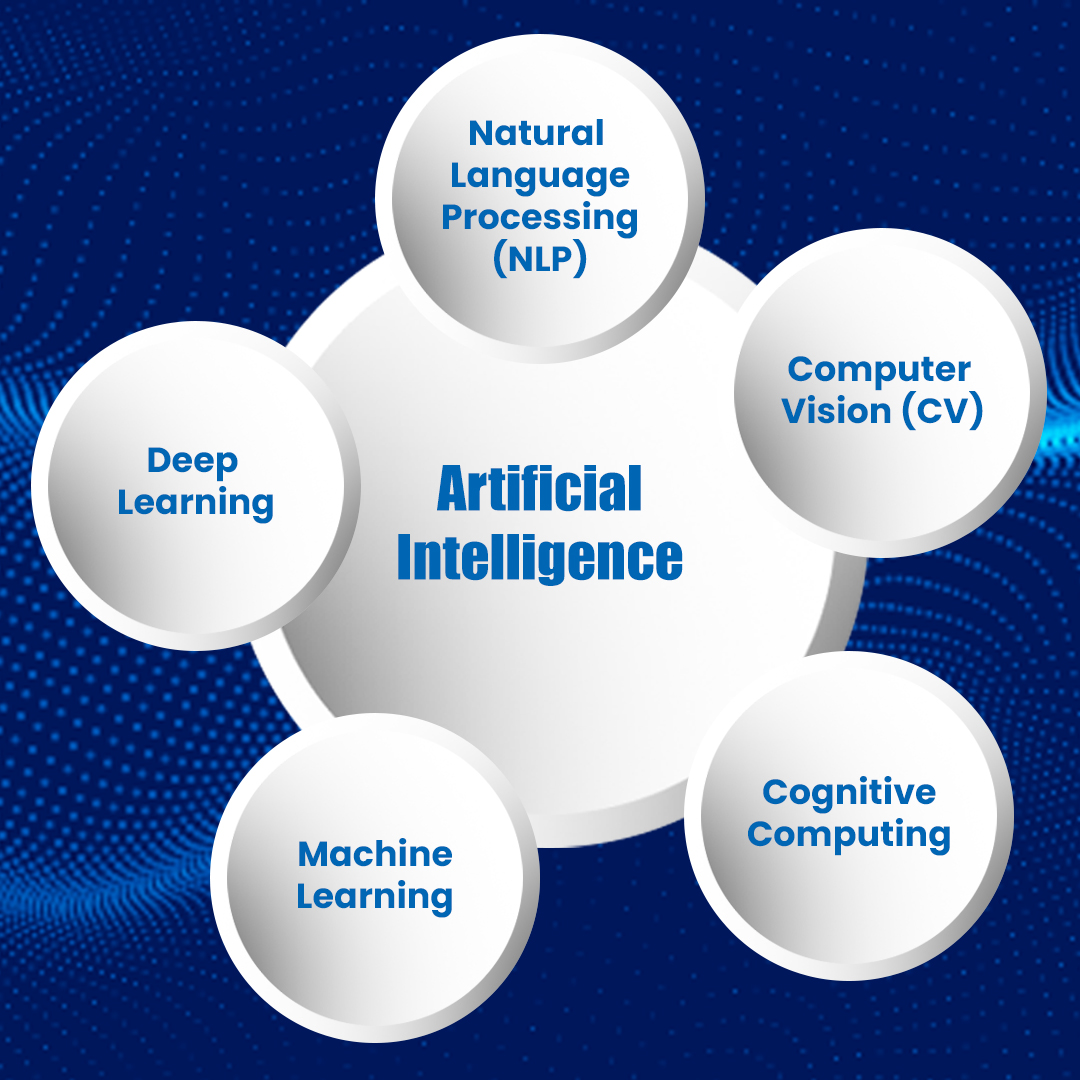
Mdgermantownlocksmith
Add a review FollowOverview
-
Founded Date December 23, 2025
-
Sectors Office
-
Posted Jobs 0
-
Viewed 38
Company Description
China’s DeepSeek Surprise

Produced by ElevenLabs and News Over Audio (Noa) utilizing AI narrative. Listen to more stories on the Noa app.
One week earlier, a new and powerful opposition for OpenAI’s throne emerged. A Chinese AI start-up, DeepSeek, released a model that appeared to match the most powerful variation of ChatGPT but, at least according to its developer, was a fraction of the cost to construct. The program, called DeepSeek-R1, has incited lots of concern: Ultrapowerful Chinese AI designs are exactly what lots of leaders of American AI companies feared when they, and more just recently President Donald Trump, have sounded alarms about a technological race between the United States and individuals’s Republic of China. This is a “awaken require America,” Alexandr Wang, the CEO of Scale AI, discussed social media.

But at the exact same time, numerous Americans-including much of the tech industry-appear to be lauding this Chinese AI. As of today, DeepSeek had surpassed ChatGPT as the leading complimentary application on Apple’s mobile-app store in the United States. Researchers, executives, and investors have actually been loading on appreciation. The brand-new DeepSeek design “is among the most amazing and outstanding developments I have actually ever seen,” the investor Marc Andreessen, an outspoken supporter of Trump, composed on X. The program shows “the power of open research study,” Yann LeCun, Meta’s chief AI researcher, wrote online.
Indeed, the most notable function of DeepSeek might be not that it is Chinese, but that it is reasonably open. Unlike top American AI labs-OpenAI, Anthropic, and Google DeepMind-which keep their research study nearly totally under wraps, DeepSeek has made the program’s last code, in addition to a thorough technical description of the program, totally free to see, download, and customize. Simply put, anyone from any country, including the U.S., can use, adapt, and even enhance upon the program. That openness makes DeepSeek an advantage for American start-ups and researchers-and an even bigger risk to the top U.S. companies, along with the government’s national-security interests.
To comprehend what’s so outstanding about DeepSeek, one needs to look back to last month, when OpenAI introduced its own technical advancement: the complete release of o1, a new kind of AI design that, unlike all the “GPT”-style programs before it, able to “factor” through challenging problems. o1 displayed leaps in efficiency on a few of the most tough mathematics, coding, and other tests available, and sent out the remainder of the AI market rushing to reproduce the brand-new thinking model-which OpenAI divulged very couple of technical details about. The start-up, and thus the American AI industry, were on top. (The Atlantic just recently participated in a corporate collaboration with OpenAI.)
DeepSeek, less than two months later on, not only shows those very same “thinking” capabilities obviously at much lower expenses but has also spilled to the rest of the world at least one way to match OpenAI’s more concealed approaches. The program is not entirely open-source-its training data, for example, and the fine information of its creation are not public-but unlike with ChatGPT, Claude, or Gemini, researchers and start-ups can still study the DeepSearch term paper and straight work with its code. OpenAI has enormous quantities of capital, computer system chips, and other resources, and has been working on AI for a years. In contrast, DeepSeek is a smaller sized group formed two years ago with far less access to essential AI hardware, because of U.S. export manages on sophisticated AI chips, however it has actually counted on various software and efficiency improvements to capture up. DeepSeek has reported that the final training run of a previous version of the model that R1 is built from, released last month, expense less than $6 million. Meanwhile, Dario Amodei, the CEO of Anthropic, has actually said that U.S. companies are already investing in the order of $1 billion to train future models. Exactly how much the most recent DeepSeek cost to construct is uncertain-some researchers and executives, consisting of Wang, have actually cast doubt on just how inexpensive it might have been-but the price for software application designers to incorporate DeepSeek-R1 into their own items is roughly 95 percent less expensive than incorporating OpenAI’s o1, as determined by the cost of every “token”-basically, every word-the design creates.
DeepSeek’s success has actually suddenly forced a wedge in between Americans most directly bought outcompeting China and those who benefit from any access to the very best, most trusted AI models. (It’s a divide that echoes Americans’ mindsets about TikTok-China hawks versus material creators-and other Chinese apps and platforms.) For the start-up and research study neighborhood, DeepSeek is an enormous win. “A non-US company is keeping the initial objective of OpenAI alive,” Jim Fan, a top AI scientist at the chipmaker Nvidia and a previous OpenAI staff member, composed on X. “Truly open, frontier research study that empowers all.”
But for America’s top AI business and the nation’s federal government, what DeepSeek represents is uncertain. The stocks of lots of major tech firms-including Nvidia, Alphabet, and Microsoft-dropped this early morning in the middle of the excitement around the Chinese model. And Meta, which has branded itself as a champion of open-source models in contrast to OpenAI, now appears an action behind. (The business is supposedly panicking.) To some investors, all of those enormous information centers, billions of dollars of investment, or even the half-a-trillion-dollar AI-infrastructure joint endeavor from OpenAI, Oracle, and SoftBank, which Trump recently revealed from the White House, could seem far less vital. Maybe bigger AI isn’t better. For those who fear that AI will strengthen “the Chinese Communist Party’s global influence,” as OpenAI wrote in a current lobbying file, this is legitimately concerning: The DeepSeek app refuses to address concerns about, for example, the Tiananmen Square protests and massacre of 1989 (although the censorship might be relatively simple to circumvent).

None of that is to say the AI boom is over, or will take a radically different form going forward. The next version of OpenAI’s thinking models, o3, appears much more effective than o1 and will quickly be offered to the general public. There are some indications that DeepSeek trained on ChatGPT outputs (outputting “I’m ChatGPT” when asked what design it is), although perhaps not intentionally-if that’s the case, it’s possible that DeepSeek might only get a head start thanks to other high-quality chatbots. America’s AI innovation is accelerating, and its major types are starting to take on a technical research focus aside from reasoning: “representatives,” or AI systems that can use computer systems on behalf of human beings. American tech giants could, in the end, even benefit. Satya Nadella, the CEO of Microsoft, framed DeepSeek as a win: More effective AI suggests that use of AI across the board will “skyrocket, turning it into a product we just can’t get enough of,” he composed on X today-which, if real, would help Microsoft’s revenues as well.
Still, the pressure is on OpenAI, Google, and their competitors to maintain their edge. With the release of DeepSeek, the nature of any U.S.-China AI “arms race” has actually shifted. Preventing AI computer chips and code from spreading out to China obviously has actually not tamped the capability of researchers and business located there to innovate. And the fairly transparent, openly available variation of DeepSeek might imply that Chinese programs and techniques, instead of leading American programs, become international technological requirements for AI-akin to how the open-source Linux running system is now basic for significant web servers and supercomputers. Being democratic-in the sense of vesting power in software application developers and users-is specifically what has actually made DeepSeek a success. If Chinese AI maintains its transparency and ease of access, in spite of emerging from an authoritarian program whose residents can’t even freely utilize the web, it is relocating precisely the opposite instructions of where America’s tech market is heading.












